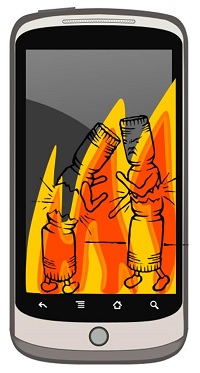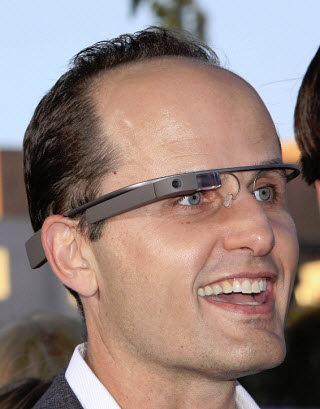Tencent and Alibaba are beginning to compete more aggressively for the favor of mobile consumers throughout China
China has become a battlefield when it comes to mobile commerce competition. Two of the country’s largest companies, Tencent and Alibaba, have a longstanding rivalry with one another when it comes to engaging consumers. Both companies are beginning to focus on the mobile space more heavily as well. While Tencent has held a strong presence in the mobile space for some time, Alibaba is beginning to threaten that position by promoting and supporting mobile commerce throughout China.
Firm predicts the future of the mobile payments market in China
Internet consultancy firm iResearch has released a forecast concerning the mobile commerce market in China. According to the forecast, the market is expected to reach nearly $300 billion by 2017, with more than half of online payments being made from a smartphone or other mobile device. Mobile payments will likely continue growing in popularity as more people gain access to the mobile Internet. The popularity of mobile payments has encouraged companies like Tencent and Alibaba to embrace the mobile commerce sector more aggressively.
Tencent powers ahead with its WeChat application and new services
 Tencent recently launched a new service for merchants through its WeChat application. The service allows merchants to accept mobile payments through the application, thereby enabling them to become more engaging for mobile consumers. Alibaba has its own mobile payments platform called Alipay, which has managed to accommodate more online transactions than both eBay and Amazon combined. These applications are poised to compete aggressively with one another, but Chinese consumers have yet to show their favor for one over the other.
Tencent recently launched a new service for merchants through its WeChat application. The service allows merchants to accept mobile payments through the application, thereby enabling them to become more engaging for mobile consumers. Alibaba has its own mobile payments platform called Alipay, which has managed to accommodate more online transactions than both eBay and Amazon combined. These applications are poised to compete aggressively with one another, but Chinese consumers have yet to show their favor for one over the other.
Tencent may have what it takes to attract the support of China’s merchants
Tencent is expected to have an edge with merchants that are looking to get involved in the mobile space. WeChat is one of the most popular applications in the world and is quite well known in China. The popularity of this application among consumers may be enough to convince merchants that it is the best platform for their mobile commerce interests.


